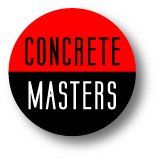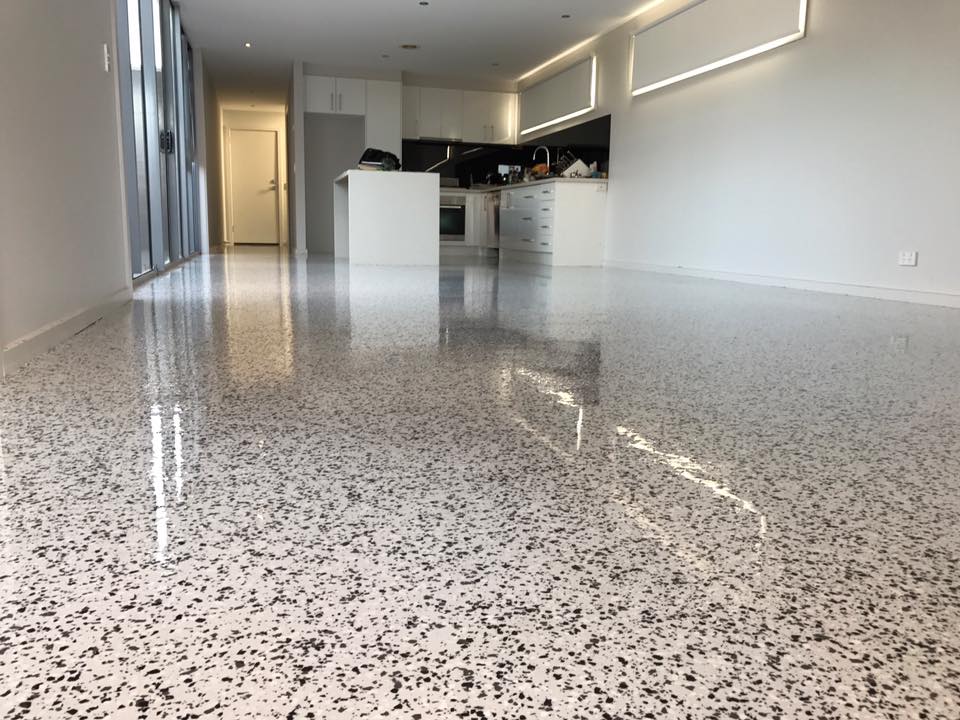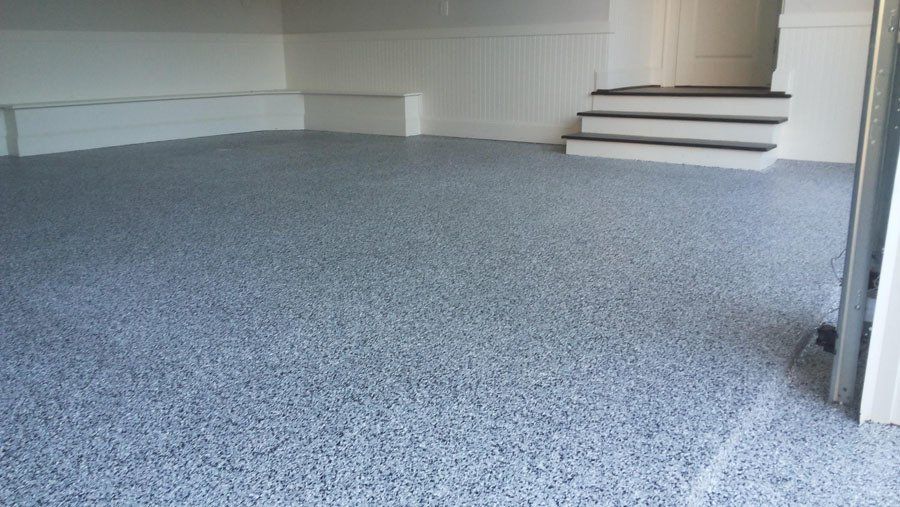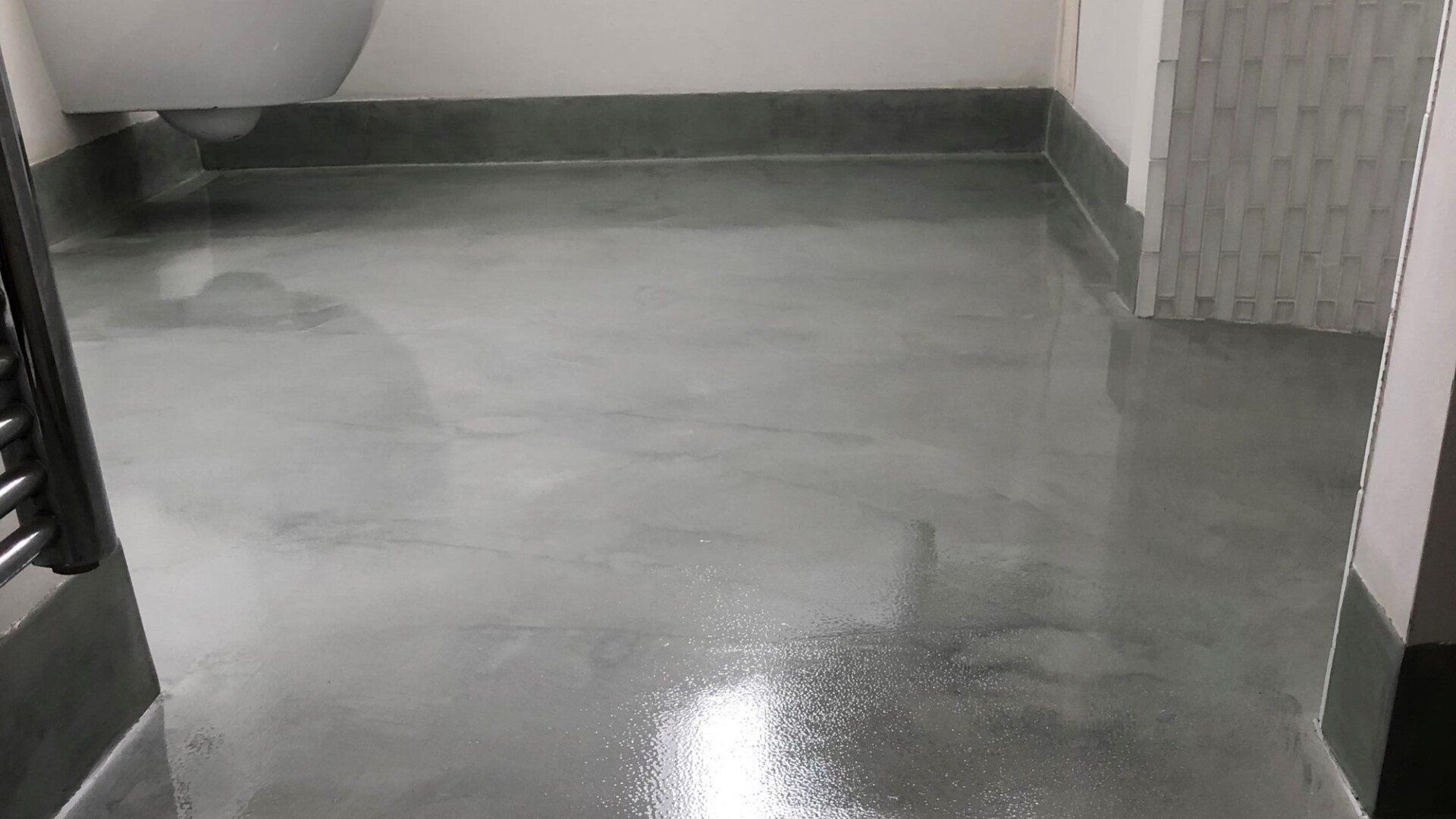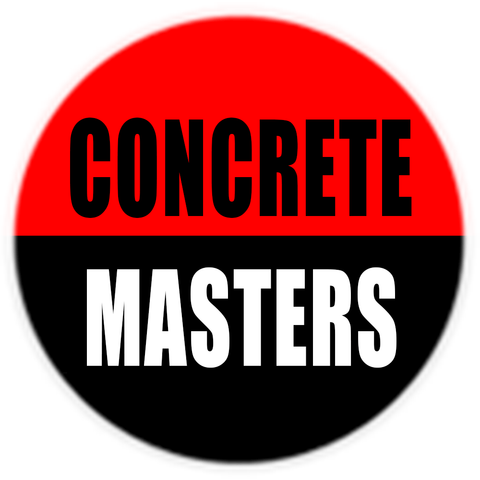Blog Layout
Are DIY Concrete Flooring Projects A Good Idea?
April 30, 2020
The general idea supporting DIY projects is that they will save you money. That is not always the case. Sometimes, weekend warriors try to do things by themselves. They end up buying wrong materials, wasting time, and having to call experts when things go wrong.
Concrete flooring has become more popular in both residences and commercial establishments. It is a durable, sturdy, and cost-effective material choice.
Concrete flooring has become more popular in both residences and commercial establishments. It is a durable, sturdy, and cost-effective material choice.
Epoxy Flooring
Epoxy flooring
is perfect for high-traffic areas such as restaurants. It endures the daily foot traffic without erosion, especially in the kitchen.
It is also easy to clean, low-maintenance, and it seems easy to apply, so it is often used in home basements and garages.
But that apparent simplicity can be an issue. Poor floor preparation leads to epoxy floor failures, bad finishes, and epoxy delamination (peeling). Plus, a new floor requires the same amount of preparation as a 15-year floor.
The floor needs to be completely clean from contaminants and de-greased before application. That is usually an issue with greasy restaurant kitchens and garage oil spills. That means at least acid etching or, better, concrete grinding.
Concrete moisture is also another problem. Moisture might be trapped in the pores of the slab, and when it rises it will create bubbles in the finish. Pros perform a moisture test before pouring epoxy.
DIYers usually commit the mistake of stretching the epoxy too thin. That results in a weaker coating, uneven colors, and a less glossy appearance. That is the biggest mistake caused by people using brand kits. Professionals know that floors will always absorb some of the coating.
It is also easy to clean, low-maintenance, and it seems easy to apply, so it is often used in home basements and garages.
But that apparent simplicity can be an issue. Poor floor preparation leads to epoxy floor failures, bad finishes, and epoxy delamination (peeling). Plus, a new floor requires the same amount of preparation as a 15-year floor.
The floor needs to be completely clean from contaminants and de-greased before application. That is usually an issue with greasy restaurant kitchens and garage oil spills. That means at least acid etching or, better, concrete grinding.
Concrete moisture is also another problem. Moisture might be trapped in the pores of the slab, and when it rises it will create bubbles in the finish. Pros perform a moisture test before pouring epoxy.
DIYers usually commit the mistake of stretching the epoxy too thin. That results in a weaker coating, uneven colors, and a less glossy appearance. That is the biggest mistake caused by people using brand kits. Professionals know that floors will always absorb some of the coating.
Concrete Staining
One of the options for finishing concrete flooring
is concrete staining. It adds versatility and customization options. It is also low-maintenance and simple to restore with simple wax polishing.
The fact that remains is simple: concrete staining is permanent. In other words, mistakes are also permanent. The bigger the slab is, the more issues and challenges you may face. The same goes for multiple decorative effects, and multiple colors. In any of these cases, you are better off if you are hiring a pro.
Concrete acid staining requires a thorough evaluation of several factors. Some of them are the floor condition, the stain best suited for the finish you choose, and the method for preparing the surface before applying the acid.
Some DIYers wrongly use muriatic acid before staining the flooring. It depletes the slab from lime, and the acid stains to not react the way they should to produce your chosen color
Other mistakes include using painters tape or masking tape to make on-floor designs. It leaves residue on unstained concrete. On stained concrete, it could pull up the sealer and the stained areas up along with the adhesive.
Another mistake often seen is not conducting on-site sampling. DIYers cannot test several colors in their concrete slab. Companies are glad to do so because that aligns the client's expectations with the actual results.
DIYers vs Pros
Professional concrete flooring companies in Atlanta, GA
like Concrete Masters have specialized knowledge that cannot be matched by DIYers. Fixing mistakes can be very costly. This is why hiring a specialized concrete flooring contractor near you is always recommended.
If you are considering installing any kind of concrete flooring, from stamped concrete, polished concrete, stained concrete, epoxy flooring, or custom decorative concrete finishes, contact Concrete Masters today for a free consultation and receive a complimentary estimate. Click here
or call 404-934-0424
You might also like
Polished Concrete: The Ideal Solution for Enhancing the Aesthetics of a Loft Apartment in Marietta
Get a free quote
Thank you for contacting us.
We will get back to you as soon as possible
We will get back to you as soon as possible
Oops, there was an error sending your message.
Please try again later
Please try again later
Headquarters Location
3311 Chamblee Dunwoody Rd.
Atlanta, GA, 30341
Atlanta, GA, 30341
Questions? Email Us!
max@group26.com
Need Help? Call Us!
© 2025
All Rights Reserved | Concrete Masters
